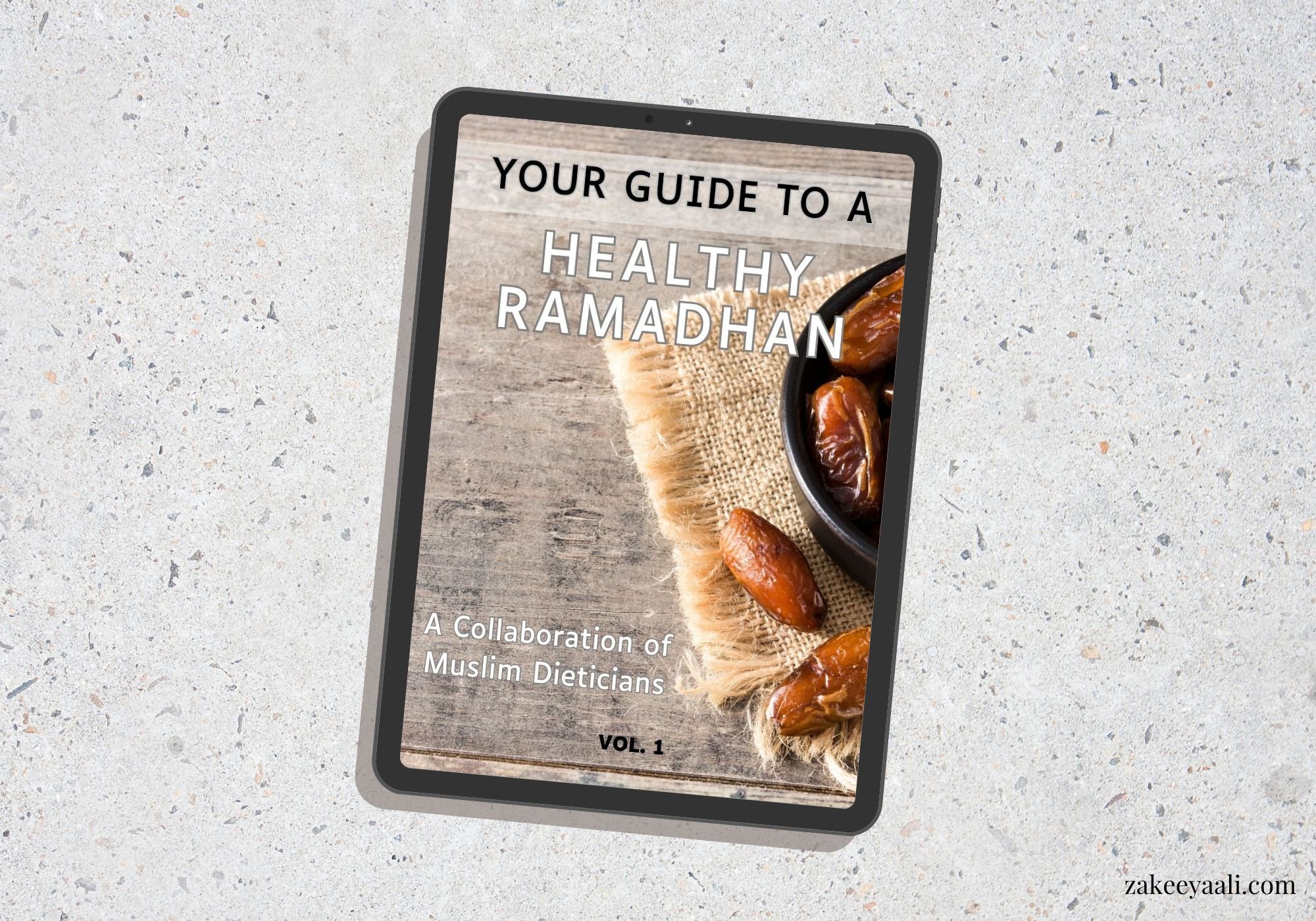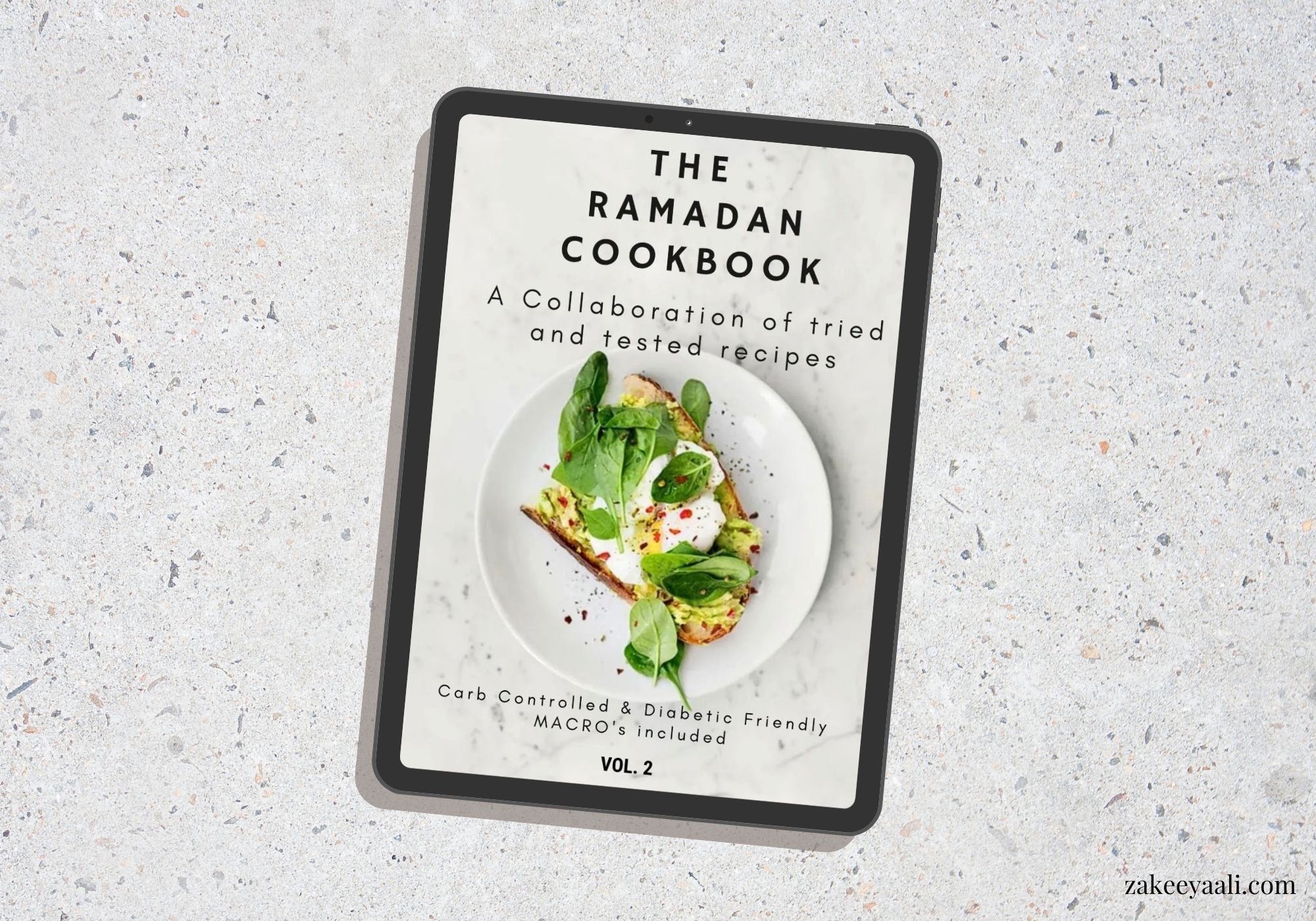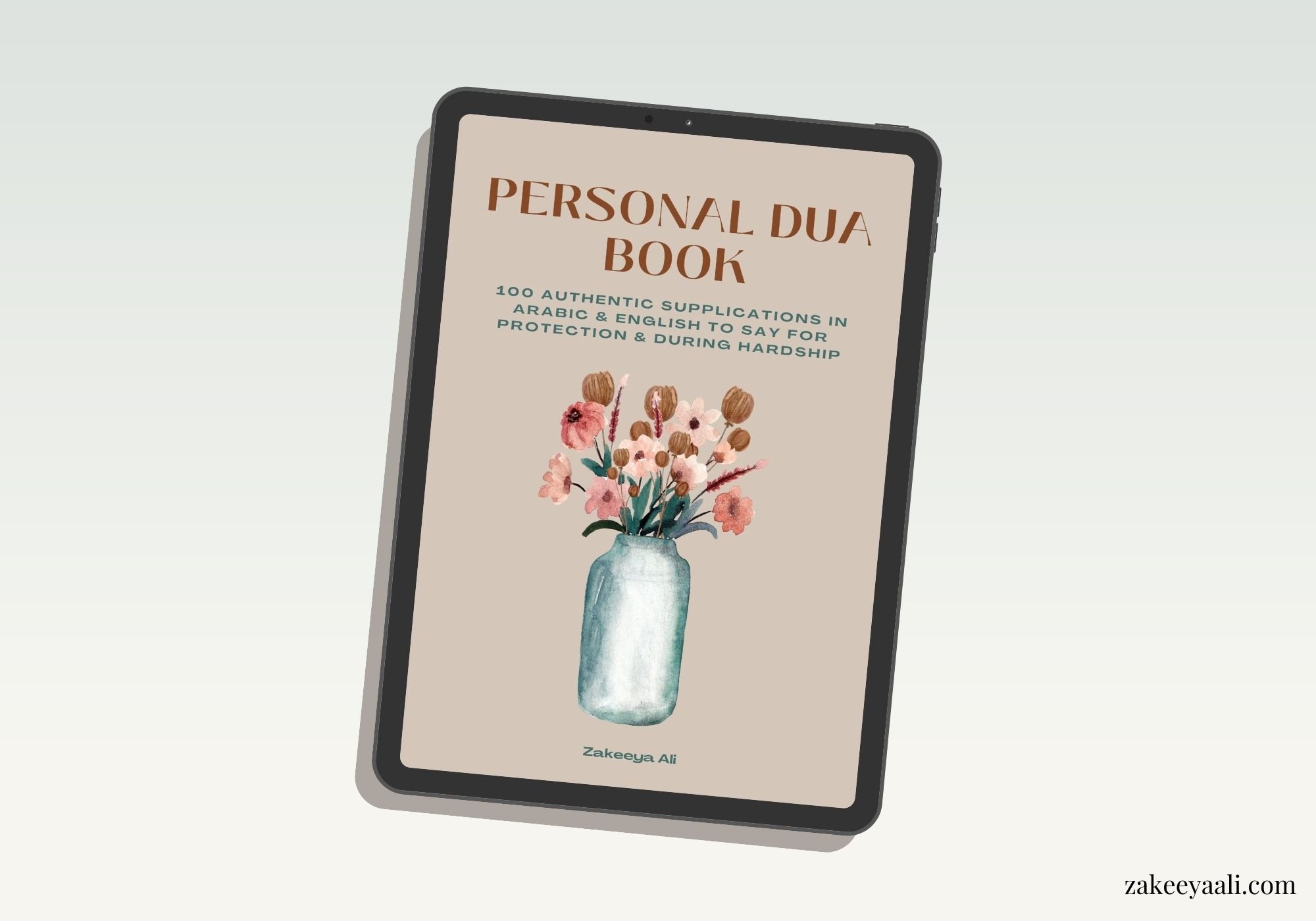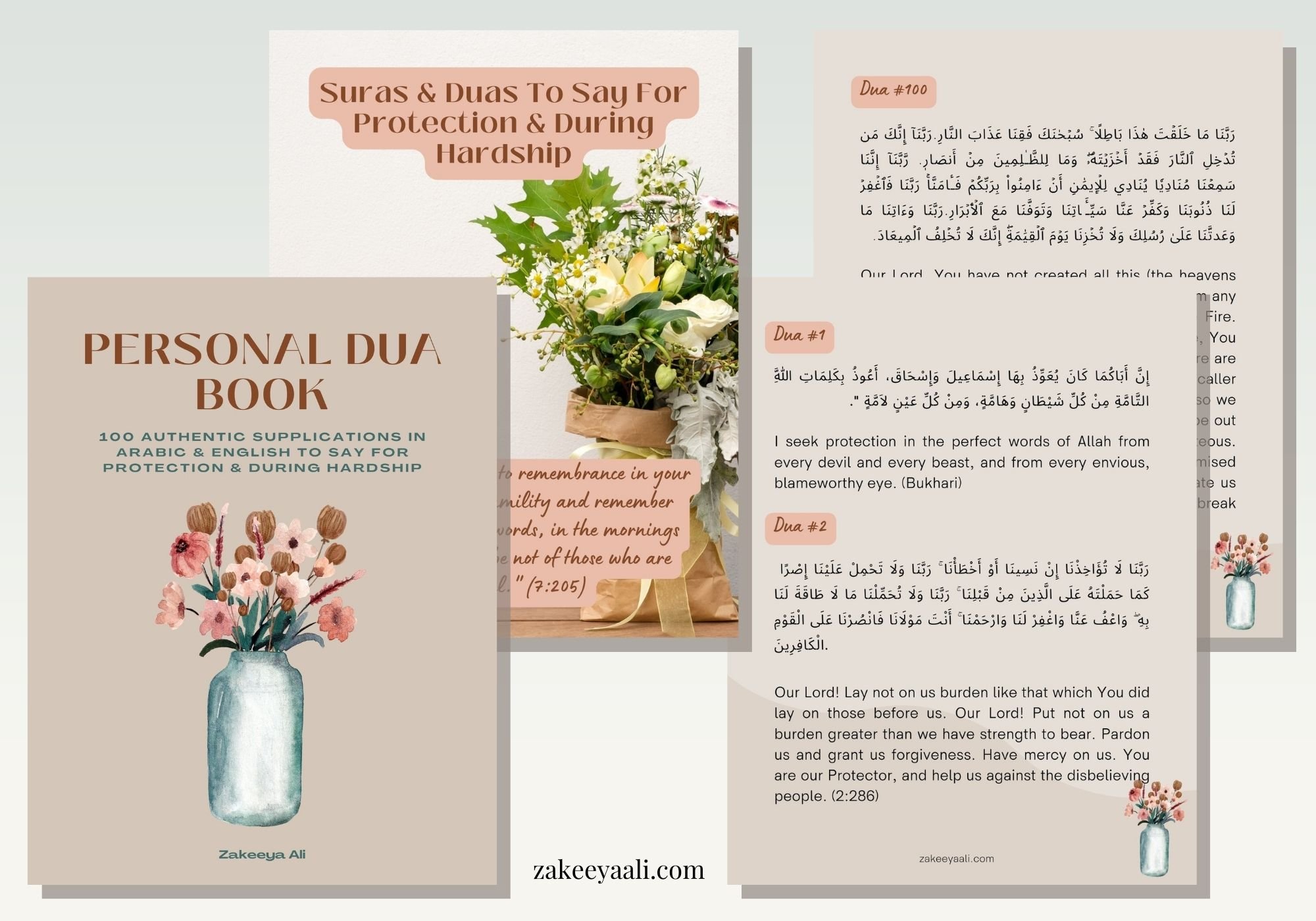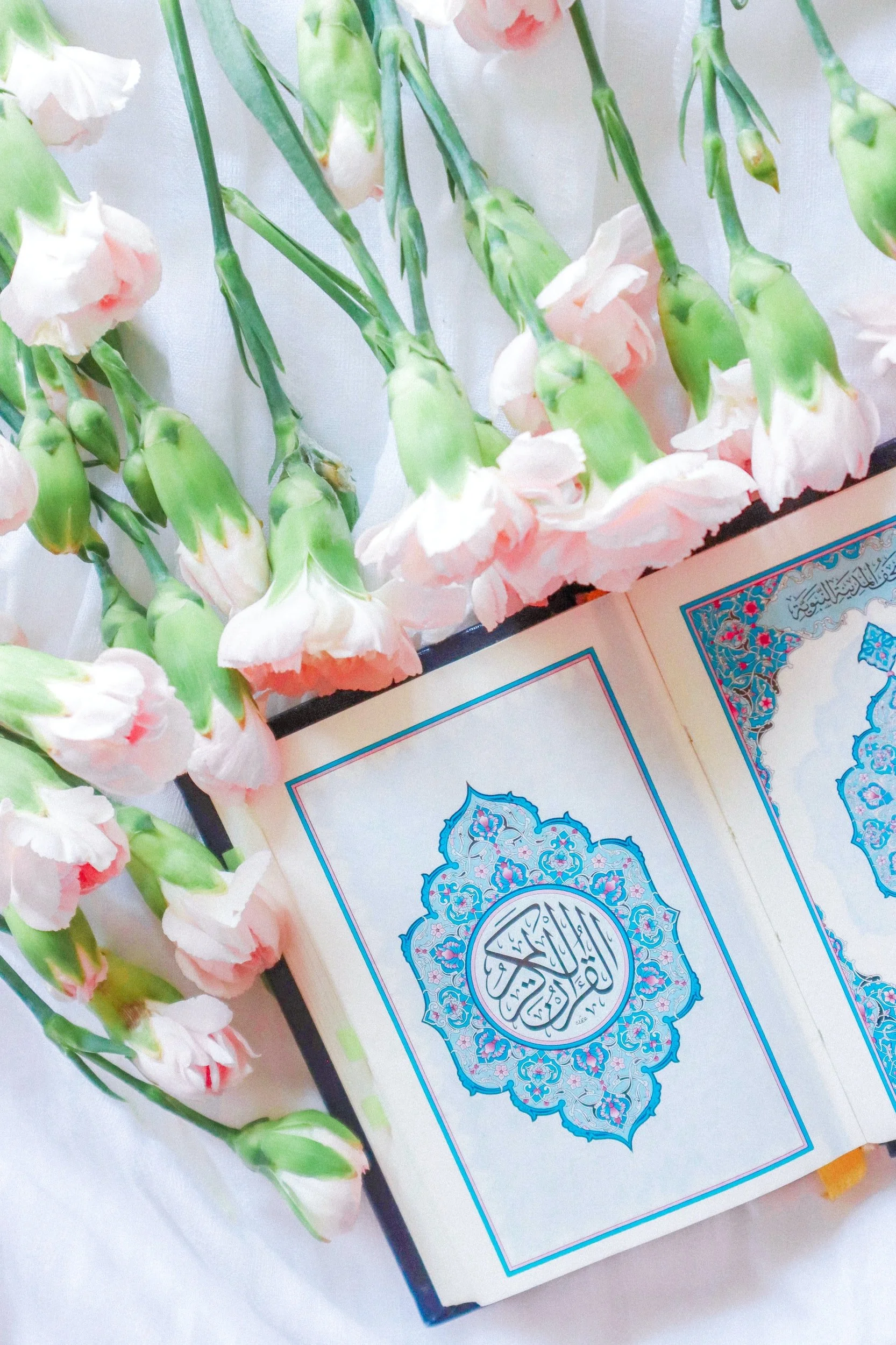A Simple Guide To I'tikaf (Spiritual Retreat) For Women
I have always wondered about the requirements, practices, and rewards of i'tikaf. When I was a young girl, I assumed it was something only men could perform. As I researched it, I came to realize that women can practice it as well! I was so happy to know this, as it's a fantastic way to deeply connect with our Lord.
I’ve not yet had the wonderful opportunity to perform i'tikaf as a parent of six without much free time and quiet, but I don't worry about my responsibilities deterring me from it either. I know that my duties to my family are also a form of ibadah. Instead, I pray that those of us who wish to experience the blessing of this solitude with Allah SWT, will be granted the option, inshallah.
I’tikaf or etikaf means ‘remaining’ somewhere. It is a practice in Islam that consists of a period of spiritual retreat for a certain number of days. It is an act of worship that is highly recommended for Muslims to perform, as it is a means of great reward.
“It is a strongly emphasized communal sunna for at least some people in each community to make i’tikaf for the entire last 10 days of Ramadan, as this was from the communal guidance and practice of the Messenger of Allah (Allah bless him and give him peace). It is blameworthy upon the community as a whole not to arrange and implement this.” - Sheikh Faraz Rabani (Seekersguidance.org)
I’tikaf is generally recommended at all times and for both men and women. It is especially recommended in Ramadan, and even more so in the last ten nights, especially the odd ones. The Prophet PBUH said,
“Whoever stands the nights of Ramadan in prayer out of faith and seeking reward shall have their previous sins forgiven.” (Bukhari & Muslim)
The purpose of i'tikaf
I’tikaf is to submit to the worship of Allah SWT in order to:
Distance yourself from worldly distractions that divert your heart away from everything except Allah SWT.
Drown yourself the entire time in worship, so you resemble the angels who do not disobey the command of Allah, while glorifying Him night and day without tiring.
Gain closeness to Allah SWT and form a complete spiritual connection with your Lord.
When we perform i'tikaf with sincerity, it is among the most virtuous of deeds, so much so, that even when you are asleep, you are considered to be in a state of worship, subhanallah!
The Prophet PBUH would offer i'tikaf in Ramadan as well as in Shawwal. This tells us that it's permissible to perform i'tikaf not only in the month of Ramadan but in other months of the year too. Our Messenger SAW said:
"Whoever offers i'tikaf, Allah lays three barriers between him and the Hell-fire…" (Bukhari)
There Are Three Types Of I’tikaf:
1. Waajib I'tikaf
This is when you make a vow to Allah SWT that, if a particular wish of yours is fulfilled, you will perform so many days of i'tikaf. The moment the desire is fulfilled, you have to perform the i'tikaf. Its minimum is an entire day (and night), and one must fast with it.
2. Sunnah I'tikaf
This is the practice of the Prophet SAW, which is to seclude yourself inside the masjid for males, and the home for females, for the last ten days of Ramadan.
3. Nafl I'tikaf
This is an intention you can make for any number of days at any time. You can make an intention when entering the masjid (men) or your home (women), for the time that you will remain there.
I'tikaf for males
The method of i'tikaf for a male is to seclude himself in the masjid with the intention to perform i'tikaf for the sake of Allah. It is not valid for men to do i’tikaf in any other place than a mosque.
I'tikaf for females
The method of i'tikaf for a female is to remain in her designated prayer area (musalla) at home, with the intention to perform i'tikaf for the sake of Allah. She can perform it in the masjid, though it is normally disliked for her to do so.
It is recommended for a woman to practice i'tikaf in a specific place in her house, like a quiet room, whenever she is able to do so without neglecting her family duties and other responsibilities. Her prayer mat is like her masjid, so her intention to perform nafl itikaf can be made before she steps on the salah rug.
A woman in hayd (menstruation), according to the Hanafi school, can sit in a designated place of prayer at home, after having made wudu, and make dhikr for the time it takes to pray.
The sunnah i’tikaf is not expected of women who are homemakers and mothers due to the hardship of their duties. However, if a woman is able to make arrangements and her husband agrees, she may perform i’tikaf for the entire 10 days.
The fiqh principle is that, “If something cannot be done completely, it should not be left completely.” Therefore, whenever a female is free of her pressing responsibilities, she can go to her place of worship, intending to do i’tikaf, even if it’s only for a short amount of time.
When she has to do something important, like kitchen duties, shopping, child rearing, or visiting a sick neighbor, she can leave her i’tikaf and return to it when she is able. This kind of i’ikaf is valid, even recommended for a woman in and out of Ramadan.
What to do during i’tikaf
When you sit in i'tikaf, you should occupy yourself with acts of worship to Allah SWT such as dhikr, tilawat of the Quran, dua, etc. You should not waste time talking about worldly matters, but you can engage in discussions about the Deen. Ibn Abbas R.A relates that the Prophet PBUH said,
"The person performing i'tikaf remains free from sins, and he is indeed given the same reward as those who do righteous deeds (despite not having done those deeds as a result of having been secluded in the masjid)."
During i’tikaf you can:
See to your basic needs such eating, drinking, and talking, but besides sexual relations.
Make voluntary prayers.
Recite the Quran with reflection, contemplation, and fervor.
Remember Allah SWT in all forms.
Gain beneficial knowledge.
Listen to inspiring religious discourse (which is why it is wise to make i’tikaf in a mosque with people of ilm who are good company, and can inspire you towards good).
Take breaks to relax with others as a means of being able to return to your worship with vigor and devotion.
The two important conditions for your i’tikaf to be valid:
To make your intention every time you enter the mosque (males) or prayer area (females).
To not be in a state of major ritual impurity (i.e. anything necessitating ghusl).
Intention for i’tikaf
The intention to perform i'tikaf is simple, as you merely need to mention your wishes. For sunnah i’tikaf, you can say:
“I am performing ten days of sunnah i’tikaf to please You, O Allah. Therefore, accept my i'tikaf and pardon all my sins."
For nafl itikaf you can say:
"I am performing nafl i'tikaf for the pleasure of Allah as long as I am in Ibadat."
How would your i’tikaf end?
Your i’tikaf ends when you leave the mosque (males) or place of prayer (females). However, during an extended i’tikaf (such as the last 10 days of Ramadan), you may leave the mosque or prayer area for:
A necessary ghusl.
To perform wudu.
To use the toilet.
This would only apply if the above facilities are not found within the mosque or prayer area, as leaving for any other reason will end your i’tikaf.
In conclusion
When you isolate yourself from all worldly aspects and go knocking at Allah's door, there is no doubt that He will hear your plea and accept your duas. The reward of i'tikaf is immense, as it was a practice of the Prophet SAW! As we know, if we follow in his footsteps, and also do so in the blessed month of Ramadan, our efforts and sacrifices will be highly rewarded.
Let’s set our goal to practice some i’tikaf in our lifetime inshallah, as it is such a beautiful way to make ibadah. I pray that our Merciful Lord will help us achieve the delights of performing i'tikaf, so we can reap the rewards of attaining a close connection to Him, ameen.
Source of reference: The Spiritual Retreat
Salam, I’m Zakeeya!
I believe being a wife, a mother, and making our homes a sanctuary for our families brings us tremendous blessings, fulfillment, and improves society. Since 2011, I've been committed to helping Muslimas find tranquility in their roles, take better care of themselves, and attain contentment within. Our journey is not an easy one, but I pray the resources and mentoring I offer, will assist in navigating you through your everyday challenges with mindfulness and gratitude, inshallah. Join me as I share wifehood, motherhood, homemaking, and lifestyle solutions that make life more fulfilling for you as a woman! READ MORE
Make Your Ramadan Run Smoothly!
Get Your Guide to a Healthy Ramadhan, a 135-page guide including 100+ recipes for Ramadan, and The Ramadan Cookbook, a 70-page cookbook filled with healthier options for recipes with less badness and more goodness! Plus, when you buy one book, you’ll get 33% off the second book.
Do You Want to Instill Your Daily Dose of Dua?
Order my handy dua ebooks, which are available in an Arabic/English or English only version, and contain 100 authentic duas to say for protection and during hardship.


